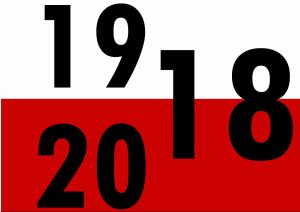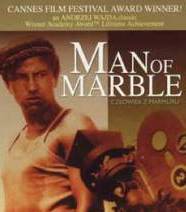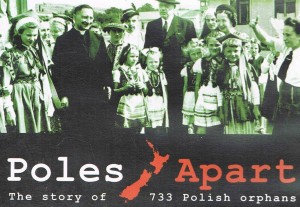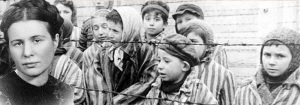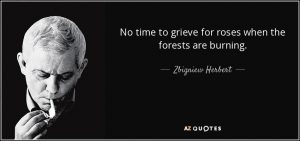100 Years of Poland 2018: Films Series
Starts 1st July till mid September 2018
This Polish films series covers a wide range of periods, styles and genres, including struggles for freedom and life under foreign and communist rule. It is part of the Polish Museum’s celebration of the Centennial Year of Poland regaining its independence at the conclusion of WW1 in 1918. Both heroes and ordinary citizens called to step up in extraordinary times feature in many of these popular films, which include masterpieces by Andrzej Wajda and George (Jerzy) Hoffman, with classic adaptations of much-loved stories featuring some of Poland’s best actors.
Individual and small family bookings are not required, open to the public, entry by individual donation.
Sundays and Thursday afternoons. All films start at 2pm sharp.
Please contact museum staff for any queries….
In 1976, a young woman, Agnieszka is making her diploma film, looking behind the scenes at the life of Birkut, at how that heroism was created, and what became of him. She gets hold of out takes and censored footage and interviews the man’s friends, ex-wife, and the filmmaker who made him a hero.
The film chronicles the fall from grace of a fictional heroic Polish bricklayer, Mateusz Birkut, who became the symbol of an over-achieving worker in Nowa Huta, a new socialist city created in the 1950’s near Krakow. Dozens of men were lined up in the mud in a food line. There are no women to be seen. The men are housed in barracks. When presented with a single fish on a plate for lunch, they begin spontaneously to pelt the Party Official with the fish and succeed in driving him out. Birkut is one of these workers…
It is a surprise that Wajda would have been able to make such a film, revealing the use of propaganda and political corruption during the period of Stalinism.
Hosted Visit, open to individuals and small groups: join our popular tour of the galleries. Hear an introductory talk and watch the film ‘Poles Apart’.
The programme will start at 1pm, with a look around the Lower Gallery, and follow with a talk starting at 1.15, then the film Poles Apart which is one hour, starting at 1.30pm with free time after the film to wander the exhibits and visit the Upper Gallery.
We will serve afternoon tea during the film. Price is $10 cash per person. Afternoon tea / coffee / biscuits included.
Bookings not required.
‘Poles Apart’ (1 hour) tells the poignant story and background of 733 Polish children and 102 adults who came to live in Pahiatua, New Zealand, 1944. These survivors were forcibly deported from Poland to Russia during World War 2 then evacuated to Persia during a short amnesty. They eventually found a home in New Zealand.
Museum founder Mr John Roy-Wojceichowski is one of the children,
In 1980, during the strikes in Gdansk, Wajda visited the shipyard. A worker shouted to him “Now you must make a film about our story – ‘Man of Iron.’
The workers thus directly commissioned Wajda’s second film. Its production, from beginning to end, was completed in nine months.
The story unfolds…In Warsaw in 1980, the Party sends Winkel, a weak, alcoholic TV hack, to Gdansk to dig up dirt on the shipyard strikers, particularly on Maciek Tomczyk, an articulate worker whose father was killed in the December 1970 protests. Posing as sympathetic, Winkel interviews people who know Tomczyk, including his detained wife, Agnieszka. Their narrations become flashbacks using actual news footage of 1968 and 1970 protests and of the later birth of free unions and Solidarity.
Every year in Poland, the Polish Government chooses key people to celebrate, known as The Year Of … This year, at the museum, we are showcasing ‘The Year of Irena Sendler’, whose life was made famous in the film Life in a Jar.
Irena was a selfless nurse who saved Jewish children from the Warsaw ghetto in World War 2.
Display running till the end of 2018
Every year in Poland, the Polish Government chooses key people to celebrate, known as The Year Of …
Because this is a significant year, museum staff have chosen a second exhibition featuring a famous poet, ‘The Year of Zbigniew Herbert’.
He is well known for his words ‘No time to grieve for roses when the forests are burning’. A winner of over twenty literary awards, from the late 1960s, Herbert was one of the most serious contenders for the Nobel Prize for Literature.
His books have been translated into 38 languages.
Display running till the end of 2018
